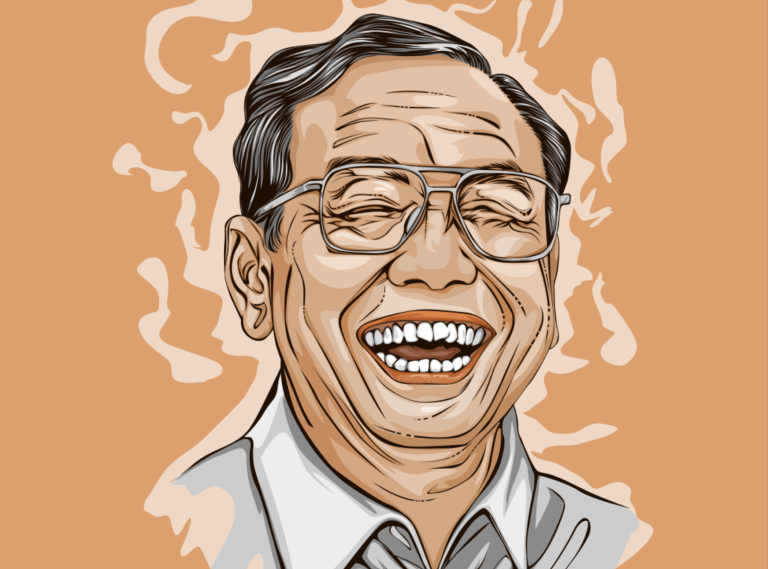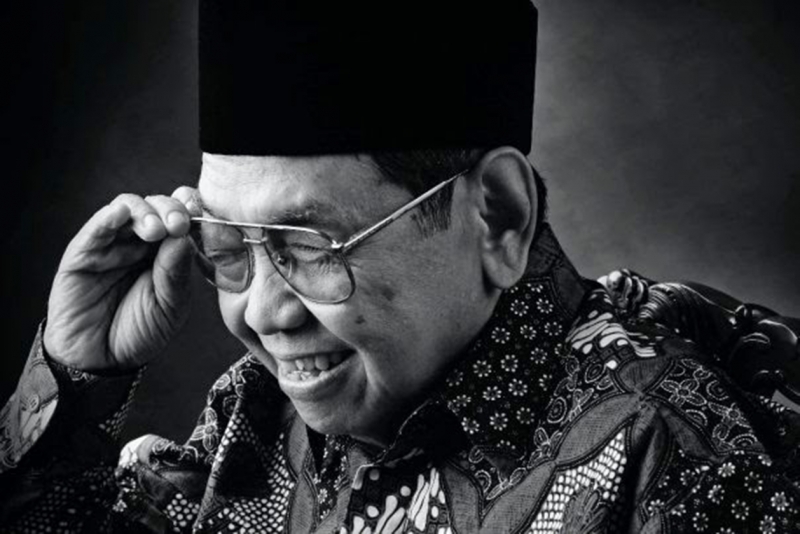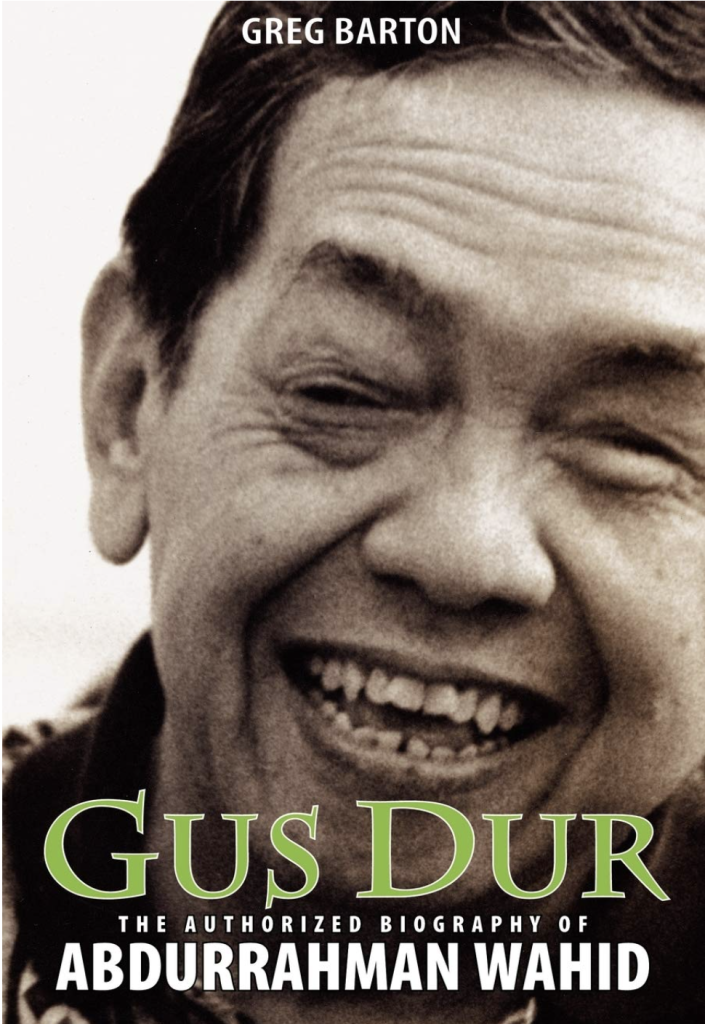
Former Indonesian President Remembered as Advocate for Tolerance, Democracy
New York, N.Y. I first met former Indonesian President Abdurrahman Wahid, affectionately known as Gus Dur, in a hotel room in Washington, D.C., in March 2002. Despite being blind, this remarkably tolerant Muslim cleric exuded wisdom and kindness. My friends and I sat at his feet, drawn to his profound insights. My connection to him came through his daughter, Yenny Wahid, who was then studying at Harvard. We also had the pleasure of meeting his charming and lovely wife Sinta, a political activist.

Gus Dur passed away this week and was laid to rest after a state funeral. In 1999, he became Indonesia’s first elected president following the fall of military strongman Suharto. Although his presidency was brief and tumultuous, he remains a key figure in Indonesia’s transition to democracy and the establishment of a national identity rooted in tolerance.
Thousands of mourners chanted Islamic prayers as Gus Dur was buried near his home in East Java on Thursday. He died on Wednesday at the age of 69 due to complications from diabetes and strokes.
Current President Susilo Bambang Yudhoyono led the memorial service, praising Gus Dur as one of Indonesia’s finest sons and statesmen.

Gus Dur: The Authorized Biography of Abdurrahman Wahid
I have met the author Greg Barton and read his book which I highly recommend. In October 1999, Abdurrahman Wahid, almost blind and recovering from a nearfatal stroke, was elected as Indonesia’s fourth president. Referred to as ‘Indonesia’s surprising new president’ by the Economist, the man who had commanded the highest respect of his fellow countrymen for his lifetime devotion to public service, liberal democracy and tolerant Islam, was impeached in humiliating and controversial circumstances less than two years later.
Wise to some, insolent to others, Abdurrahman’s mercurial style of leadership constantly confounded critics and ultimately caused him to be widely misunderstood by both domestic and international observers. For the first time, biographer Greg Barton delves beneath the surface and gives us a unique insight into the man and his world drawn from his long relationship with Gus Dur – including being at his side during the final extraordinary months of the presidency. Those interested in the drama of modern Indonesian politics will find this book provides a fascinating and invaluable account of the enigmatic Gus Dur.
Gus Dur rose to political prominence as the leader of Nahdlatul Ulama (NU), one of Indonesia’s largest Islamic movements. A vocal critic of Suharto’s nearly three-decade rule, Gus Dur was chosen by parliament to be Indonesia’s fourth president following Suharto’s resignation in 1999.
Political commentator Wimar Witoelar, who served as Gus Dur’s chief presidential spokesman, highlighted the former president’s legacy of tolerance and equality, which continue to define Indonesia’s democracy. Witoelar emphasized, “The anti-corruption efforts, the reduced military role in politics, the equal treatment of Chinese and other minorities, and the religious pluralism we see today are all outcomes of Gus Dur’s breakthroughs.”

World leaders have extended their condolences to Gus Dur’s family and the people of Indonesia. U.S. President Barack Obama, who lived in Jakarta briefly as a child, commended Gus Dur for his commitment to democratic principles, inclusive politics, and religious tolerance.
Gus Dur sought dialogue with ethnic separatists in Aceh and Papua, visited East Timor to apologize for Indonesian atrocities, and attempted to establish a truth commission. He also took a firm stance against Islamist extremists after terrorist bombings in 2000. I remember walking through the carnage of the Bali nightclub bombing after the fires had died down, site left unsecured, and feeling the voices of those who perished.
As president, Gus Dur challenged traditional power structures, worked to diminish the military’s political influence, and aimed to decentralize power across Indonesia’s provinces. However, his administration faced criticism for unpredictable cabinet reshuffles and allegations of nepotism. He also alienated some Muslim supporters by advocating for diplomatic relations with Israel and lifting a ban on communism.
Gus Dur’s presidency ended in 2001 with his impeachment for alleged corruption, charges he denied. Despite attempts to remain in power by declaring a state of emergency, he eventually stepped down and was never tried on criminal charges. Witoelar noted that Gus Dur was ousted because he refused to compromise his political integrity.
While Gus Dur’s presidency was brief, his vision of Indonesia as a tolerant, pluralistic society remains influential. His enduring legacy continues to shape the values and democratic principles of modern Indonesia.
Jim Luce Writes Profiles & Obituaries